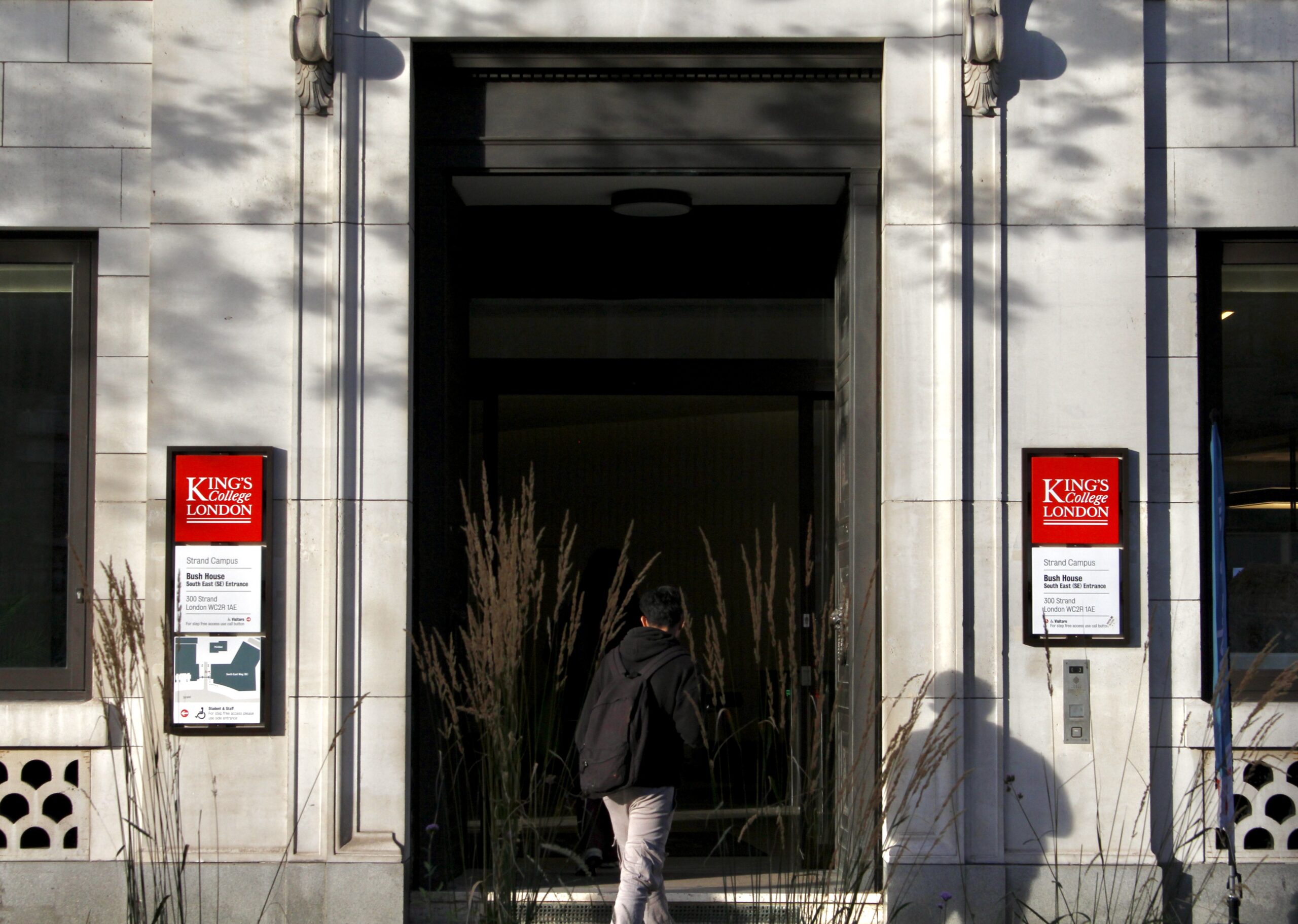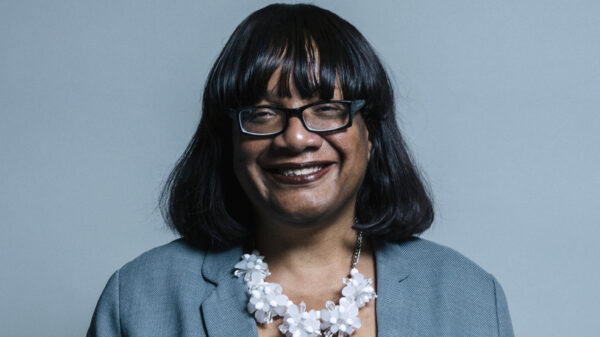Comment Editor Hanna Pham on the skepticism towards the Covid-19 vaccine amongst Britain’s ethnic minorities.
In the past few months, the United Kingdom has been hailed for its Covid-19 vaccination programme. Approximately 20 million people have gotten their first jab, making Great Britain the speediest vaccination scheme in all of Europe and allowing the UK to lay out a road map for a return to normalcy.
While the speedy progression of the vaccine rollout is nothing short of spectacular, a complex development hinders complete praise of the UK’s vaccination rate—vaccine hesitancy among ethnic minorities. A recent study done by King’s College London and the University of Bristol found a persistent suspicion regarding the safety and purpose of the Covid-19 vaccine. A significant minority, 27%, of the British public believe that “the real truth about Covid-19 is being kept from the publicâ€. 22% of white Britons state that concerns regarding the vaccine could influence them to not get it. Though, the number almost doubles to 41% when it comes to ethnic minorities.
The Royal College of General Practitioners found that white people are more than twice as likely to have been vaccinated as compared to Black people, and three times more likely than mixed ethnic backgrounds. In fact, the South Asian diaspora has one of the highest levels of vaccine hesitancy with more than 40% of Pakistani and Bangladeshi people stating they are not likely to get the jab and around 20% of Indians outright stating they will not get it. Furthermore, out of the population that has been vaccinated thus far, 1.7% are Black and 5.3% Asian.
A nexus of factors have culminated into today’s vaccine hesitancy crisis among the UK’s ethnic minorities. Two dominant components that underwrite this issue is mistrust in the medical system and the endemic spread of false information.
Firstly, the relationship between ethnic minorities and the medical system is informed by historically traumatizing and exclusionary experiences. Like many other institutions, structural racism, inequality, and discrimination are present in medicine. For example, pain relief during labour is offered to Black women less than whites and Black men are more likely to be sectioned. These experiences not only impact individuals in terms of how they view the healthcare system, they also inform the attitudes of the community at large to be sceptical and less likely to find solace in the accessing care.
More specifically in tune with vaccine hesitancy is the perception among ethnic minorities is that they are ‘experiment subjects’—rooted in the fact that disenfranchised groups have suffered as experimental subjects in unethical medical practices. Most infamously is the Tuskegee Syphilis Study over 40 years which used African Americans as experimental guinea pigs. However, non-consensual racist experimentation continues in the 21st century Pfizer, a pharmaceutical that has manufactured Covid-19 vaccines, received backlash after 11 children in Nigeria died in a clinical trial for meningitis. Another alarming aspect of this clinical trial was that Pfizer murky consent to conduct this experiment.
The lack of concrete data regarding the effects of the vaccines is also a pertinent factor in the hesitancy. In the Oxford AstraZeneca clinical trials in the UK, 91.7% of participants were white, 0.5% were Black, and 5.3% were Asian. Naturally, the lack of representation is cause for concern among ethnic minorities. Hence, among Muslims there are (false) assertions that the vaccine is not halal, contributing to cynicism that the vaccine is appropriate to get. The lack of data and clarity for non-whites of what is in the vaccines, and absence of accommodation for cultural concerns have helped to exacerbate vaccine hesitancy amongst ethnic minorities.
Additionally, the spread of misinformation through social media regarding the vaccine only aggravates this hesitancy. As mentioned previously, the lack of acknowledgement from British officials and the medical sectors to the concerns of ethnic minorities spurs and encourages misinformation to escalate. Through popular apps like WhatsApp, incorrect rumours ranging from the idea that Bill Gates created a vaccine in order to manipulate peoples’ DNA to the fear that microchips will be inserted from the jab, have circulated incessantly.
Hesitancy to take the vaccine is not the only issue that arises as a result of this. Ethnic minorities in the UK are up to 50% more likely to die from the Covid-19, compounded by the fact these groups are more likely to live in poorer conditions that put them at a greater risk of catching Covid-19. All of these factors result in a troubling development in the vaccine rollout and pandemic management. In short, it is concerning that ethnic minorities who are clearly disproportionately affected by the virus are less likely to receive vaccination.
Prior to the Covid-19 pandemic the World Health Organization named “vaccine hesitancy†as one of the most prominent threats to global health. More than ever, as we reach the one-year anniversary of the initial set of lockdowns and border closures, vaccine hesitancy among ethnic minorities needs to be tackled. While the government has promised to fight vaccine misinformation among ethnic minorities, the root of the problem still stands: the historical mistrust between ethnic minorities and the medical system, compounded by structural racism that still persists today and that enhances the prominence of vaccine hesitancy.
Further articles written in collaboration with the Boston Political Review can be found on our website.Â

















